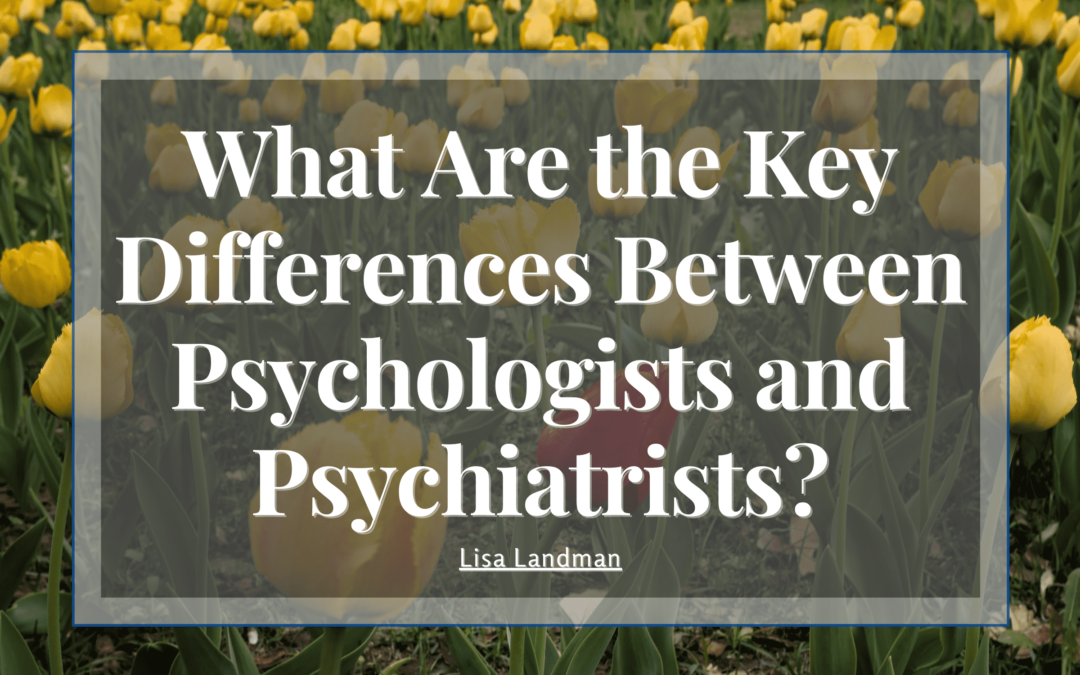Choosing a career in psychology and mental health gives a lot of opportunities. A variety of jobs with different levels of experience and focuses exist in the quickly-growing field. That said, there’s much confusion between the career paths, particularly that of a psychologist and a psychiatrist.
What is a psychologist?
A psychologist treats mental health conditions by way of non-pharmaceutical solutions like various types of therapy. Psychologists diagnose psychiatric conditions, practice psychotherapy and other forms of behavioral modification, and conduct psychological testing of various mental conditions.
What is a psychiatrist?
A psychiatrist is a medical doctor who has chosen psychiatry as a specialty. Psychiatrists are allowed to not only diagnose but also prescribe medication for psychiatric conditions.
Psychologists and Psychiatrists Differ in Education
Becoming a psychologist requires a doctoral degree in the field of Clinical Psychology, which takes 4-6 years of coursework. Courses go in-depth about all topics in psychology, like developmental psychology, emotions and personality, cognitive psychology, and socioemotional factors. Students aiming to be psychologists are involved in much research, in addition to a mandatory internship at the end that allows them to explore different areas of the professional field. Under supervision, the psychologist puts the theoretical work into practice for about 1-2 years. Only can one become licensed as a practicing psychologist in any given state.
To become a psychiatrist requires going through all four years of medical school, learning everything required of a doctor, to earn their Medical Degree. After that, one can choose psychiatry as their specialty and work as a resident psychiatrist for four more years.
Psychologists and Psychiatrists in the Field
Psychologists tend to be more involved in their patient’s treatment since therapy takes much more time to learn about the patient. Psychiatrists might not be able to spend too much time on any single patient. However, if referred by a psychologist, both can combine their notes and the psychologist’s diagnosis after getting to know the patient to find the right medication.
Usually the psychologist and psychiatrist work together to ensure they are meeting a patient’s needs. After all, it’s not always either talk therapy or medication. Usually, a treatment plan requires both, and with the expertise of both the psychologist and psychiatrist, a patient’s prognosis is more successful.

